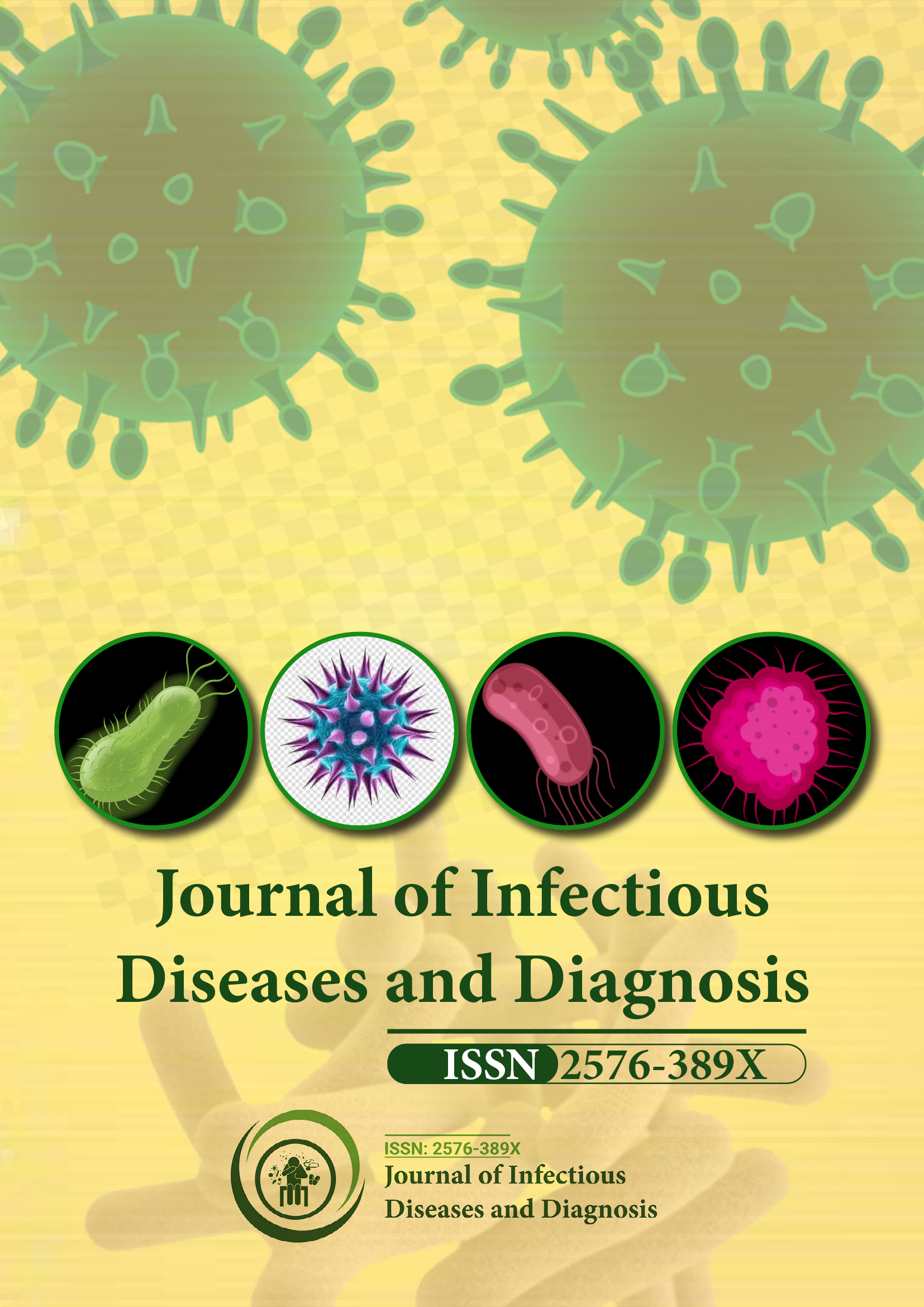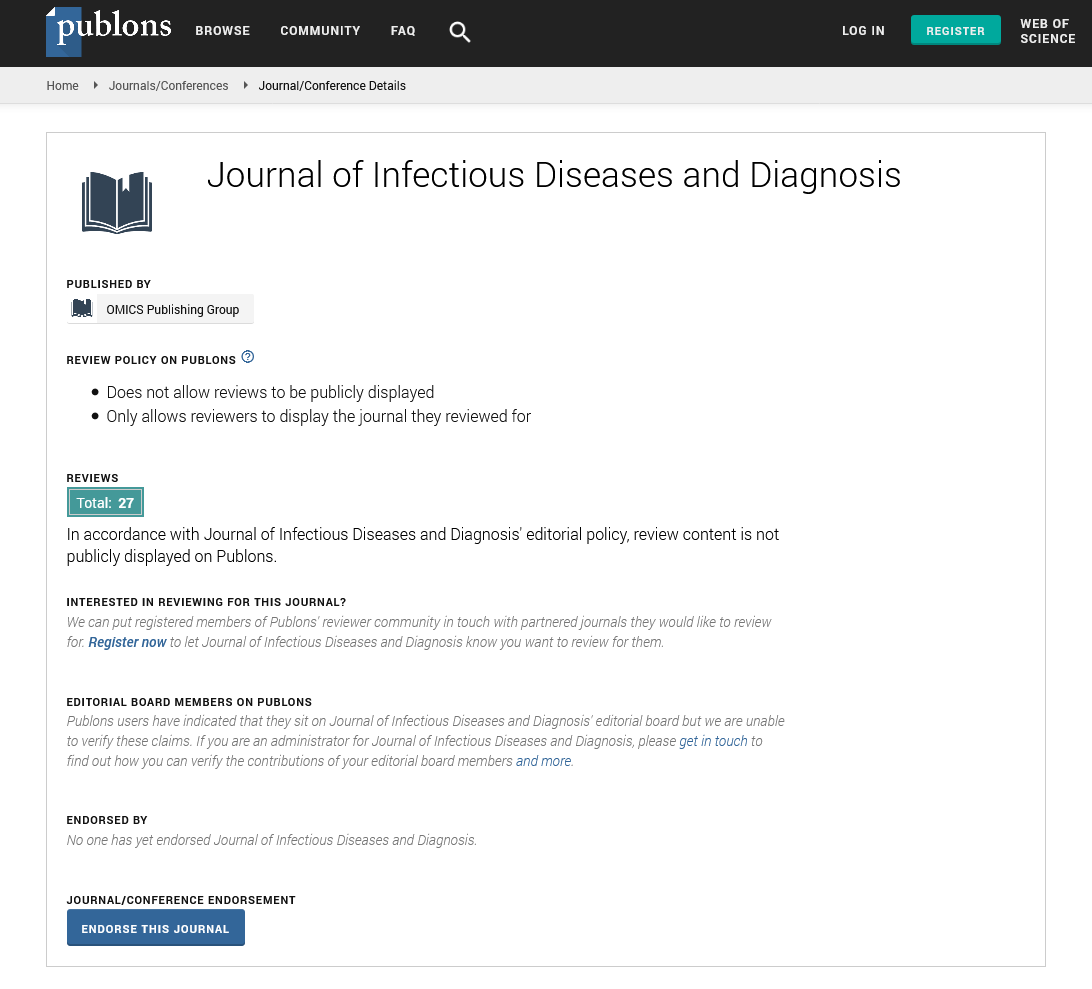Indexed In
- RefSeek
- Hamdard University
- EBSCO A-Z
- Publons
- Euro Pub
- Google Scholar
Useful Links
Share This Page
Journal Flyer

Open Access Journals
- Agri and Aquaculture
- Biochemistry
- Bioinformatics & Systems Biology
- Business & Management
- Chemistry
- Clinical Sciences
- Engineering
- Food & Nutrition
- General Science
- Genetics & Molecular Biology
- Immunology & Microbiology
- Medical Sciences
- Neuroscience & Psychology
- Nursing & Health Care
- Pharmaceutical Sciences
Erika Zoe Lopatynsky-Reyes
Department of Public Health, University of California-San Diego, San Diego, California, USA
Biography
In Mexico, several publications have mentioned that Enterobacteriaceae are the main causes of bacterial meningitis (BM) in young infants (3 months), with S. agalactiae (GBS) and other bacteriae present in a much lesser extent; however, these studies have been performed mostly at Mexico City, and little is known on the northwest Mexico/US Border, particularly at Tijuana, Mexico (the highest transited frontier in the planet).
Publications
-
Short Communication
Otomastoiditis: Thirteen Years of Active Surveillance in a Northern Mexican Hospital (Mexico-USA-Border): Pneumococcus as Leading Cause, and High Impact of Pneumococcal 13-Valent Conjugate Vaccine
Author(s): Enrique Chacon-Cruz*, Erika Zoe Lopatynsky-Reyes, Rosa Maria Rivas-Landeros and Luis Antonio Zapata-Cosain
Background: We have published several studies related to Invasive Pneumococcal Disease, and effectiveness of Pneumococcal Conjugate Vaccines: 7-valent (PCV7) and 13-valent (PCV13). This is the first Latin American, prospective study looking for Otomastoiditis (OM) in children, and the impact of PCV13 on this disease. Methods: Since October/1st/2005 until September/30th/2017, prospective surveillance to identify all children<16 years old with OM at the Tijuana, Mexico, General Hospital was performed. OM was diagnosed with otoscopy, and tomographic signs of OM. Bacterial identification was obtained either from mastoids and/or supramastoid abscesses, and bacterial identification by conventional cultures. Pneumococcal serotyping was performed by the Quellung Reaction (Statens Serum Institute®). Results: Twenty cases of OM were identified. Median age at admission was 32 months (6 mo.. View more»

